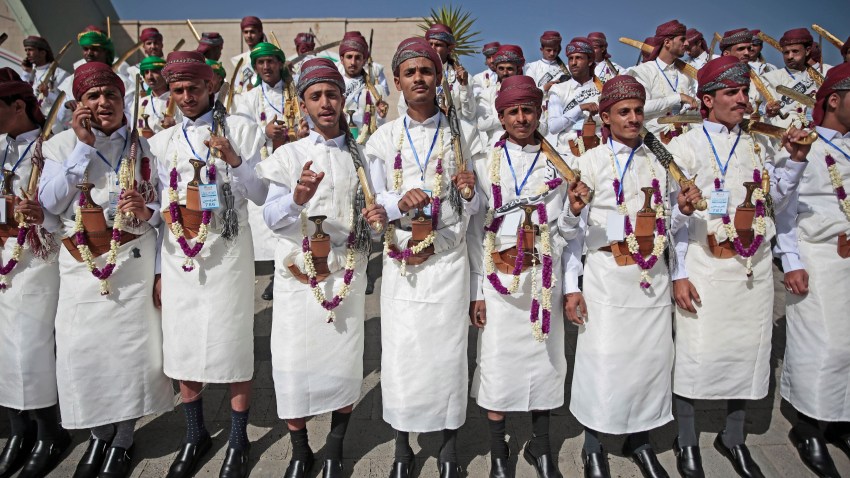As a near-universal phenomenon that structures family relationships, marriage lies at the intersection of socio-political ideologies and personal experiences. Given that so many rebel groups seek to radically restructure society, it comes as no surprise that they would also concern themselves with regulating marriage.
Yet, much of the coverage of rebel marriages is sensationalistic and shallow. Consider, for example, the media coverage of young European women who traveled to Syria to marry fighters of the Islamic State in the past decade, which often portrayed them as naive, materialistic and worthy of disdain. These descriptions overlooked the fact that, while the Islamic State did use the material gains associated with marriage to attract young women to join the group, marriage itself was also a fundamental part of how it structured its rebellion and created its “ideal” society. The same is true of many other rebel groups.
As I detail in a new book, “In Love and At War: Marriage in Non-State Armed Groups,” marriage is a critical but underappreciated aspect of rebels’ wartime activities. Marriage policies are used to both attract recruits and structure their day-to-day activities. Paying closer attention to how rebel groups approach the question of marriage among members is critical for policymakers seeking to better understand conflict dynamics and post-conflict social landscapes.

